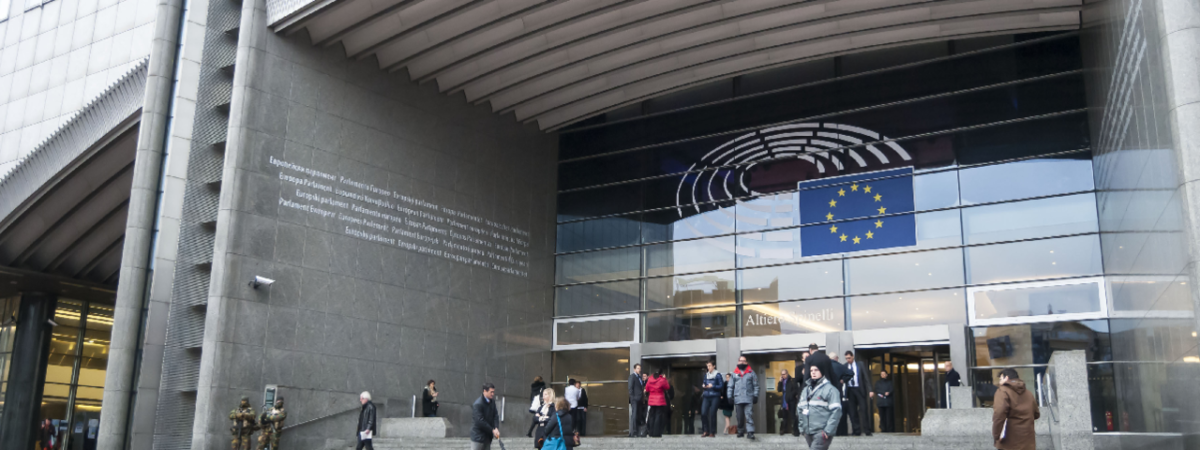TfL is not a disinterested party. It is an interest group, beholden to other interest groups
SUGGESTED



But, of course, it wasn’t. For any such analysis would show that Uber has been unambiguously beneficial to passengers. If the daily choices of an estimated 3.5 million Londoners who use the app are not a convincing argument, then consider a data-intensive study conducted in the U.S. last year, which put the value generated by the app at $6.8 billion per year, for the U.S. market alone. Compare that to Uber’s current market valuation of $50 billion, and this means that, each year, Uber users derive value from the app equal to 14 per cent of all the profits that the business is expected to generate in its entire existence.
It’s not wealthy venture capitalists who get the lion’s share of Uber’s (and other competing apps’) innovation. It’s the users.
The TfL decision is the latest iteration of an effort orchestrated by the comparably small group of people who lose from the presence of Uber in the London transport market. These are first and foremost black cabbies, whose regulated fares, low-tech business model, and even clunky regulated cars struggle to compel users, especially young ones. But they also include other private hire services which have been put under competitive pressure, forced to lower prices, raise quality, and build better mobile apps.
TfL is itself an interest group, of course, not only under the capture of traditional providers such as the above, but also eager to forestall its irrelevance in a world where a lot of the rules are made by providers and consumers, acting jointly among themselves. Drivers rate passengers and vice versa, providing timely information to the benefit of future users. This promotes trust in the app and explains why it has grown quickly and exponentially in most of the localities where it has been allowed to operate. But this undermines the rule-making role of TfL, so naturally it has always viewed Uber with suspicion.
One should never forget that bureaucrats’ first interest is in preserving their clout, budgets and legal power. And it is in politicians’ interest to appease powerful interest groups. Mayor Sadiq Khan, who in that role is also chairman of TfL, is no exception, despite his post-Brexit vow – now sadly broken – that London would remain open for business.
But TfL’s and Khan’s interest is not that of the vast majority of Londoners. Most of us want a transport system that is reliable, cheap, safe and agreeable. Uber filled an important gap between regulated taxis, which many of us couldn’t afford on a regular basis, and public transport which is irregular, crowded, slow and unavailable at key times. There were of course private hire services before Uber, but in many cases their quality was low and they had to be booked long in advance.
The decision not to renew Uber’s licence, moreover, is an indication of the strange trend whereby Brexit Britain seems to be adopting the very worst policies from the Continent. When I began to write about Uber’s economic impact and business model, my British interlocutors – whether pro or anti-Uber – would always be amused by the crude way in which other EU countries attempted to block the app’s arrival. Like with so many other Continental phenomena, they must have thought to themselves, “It could never happen here.”
I used to think so too. The British are much too pragmatic and civilised to give in to blatant cronyism against quite obvious consumer benefits. But on Uber at least, it appears that I was wrong. There is, however, still time to reverse this misguided decision. TfL’s board, chaired by Khan, has the final say over the body’s licensing decisions. It is still in the position to change tack and hand back their transport to Londoners.
This article was first published on Conservative Home.
Recommended further reading: ‘Hire authority. Turning statutory regulation into private regulation for the UK’s taxi industry‘ by Diego Zuluaga and Kristian Niemietz




